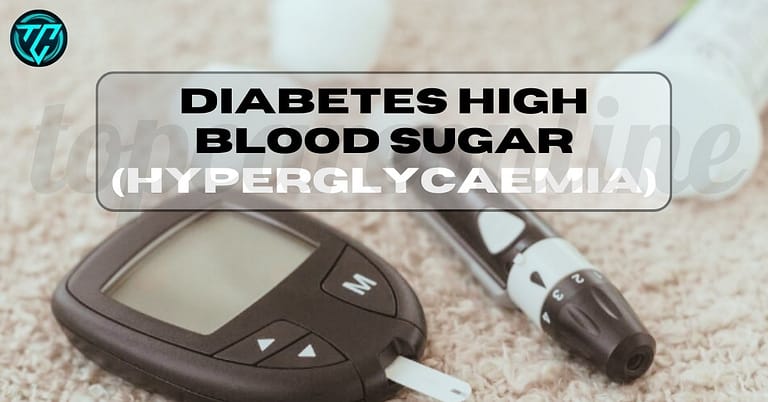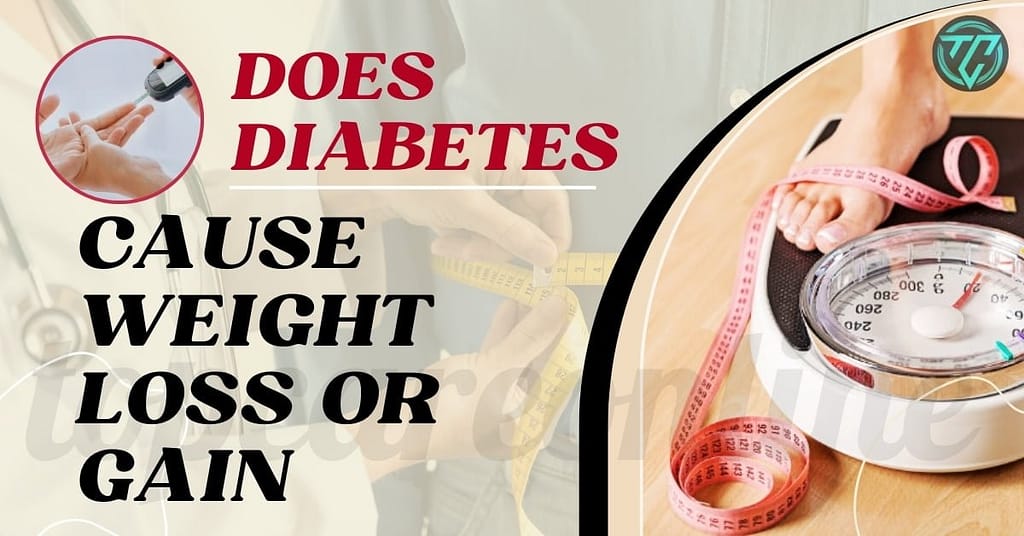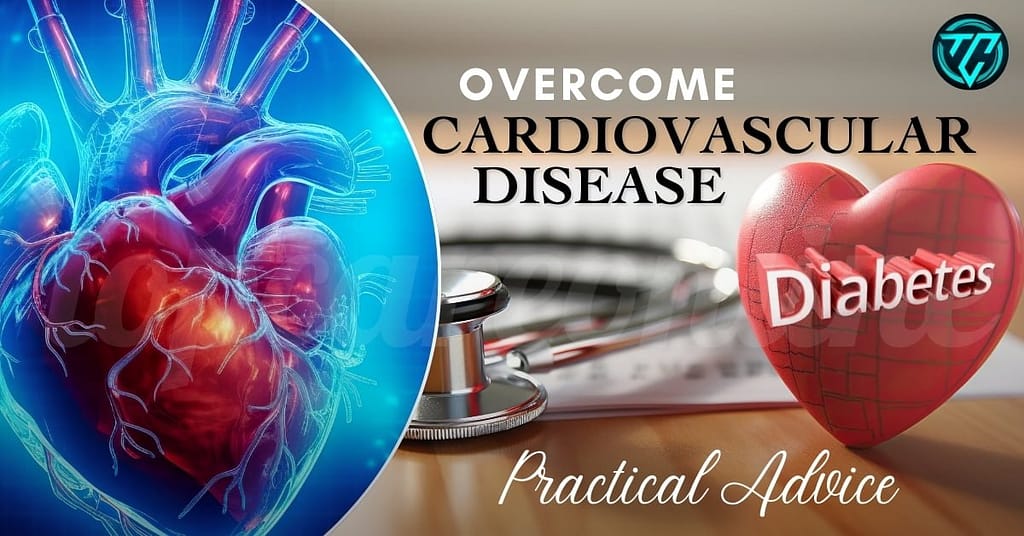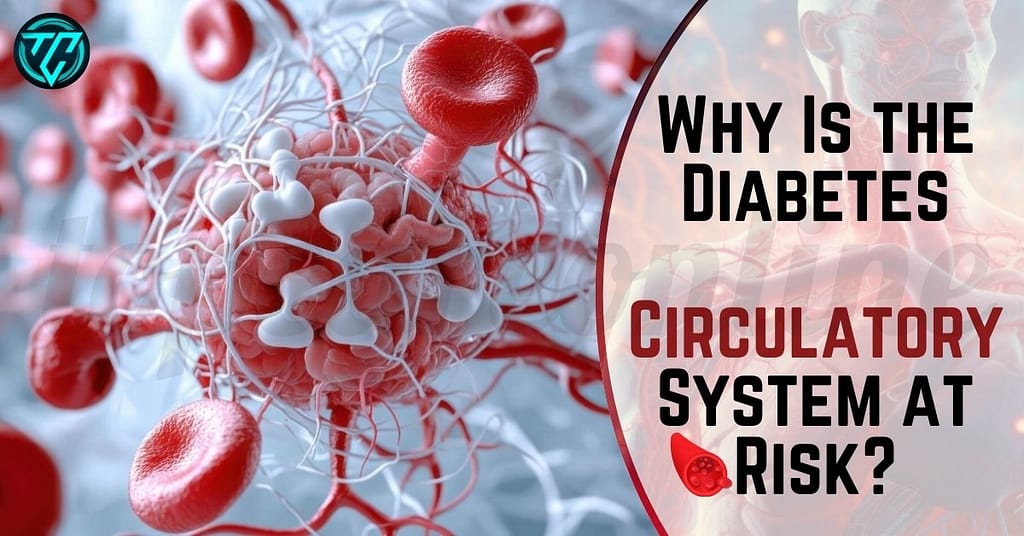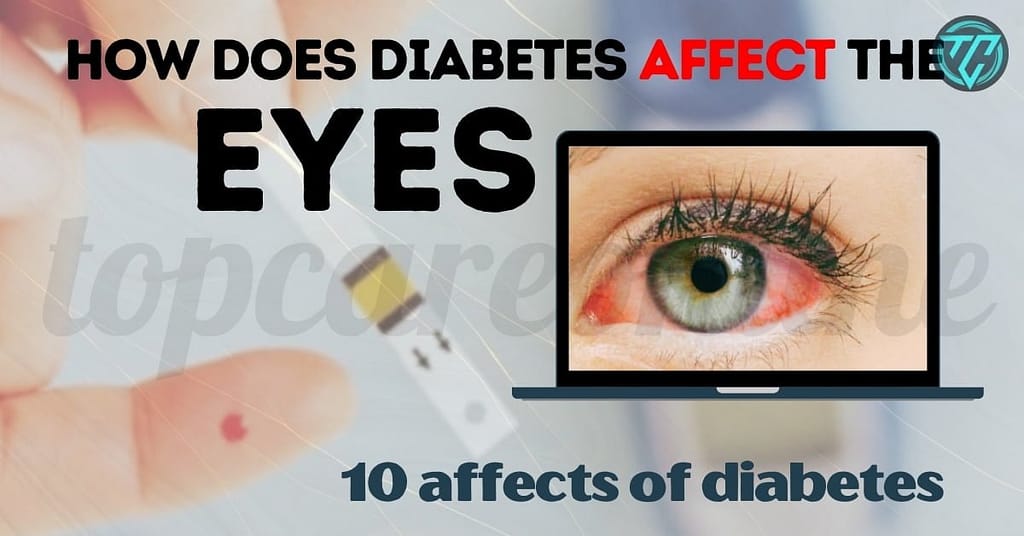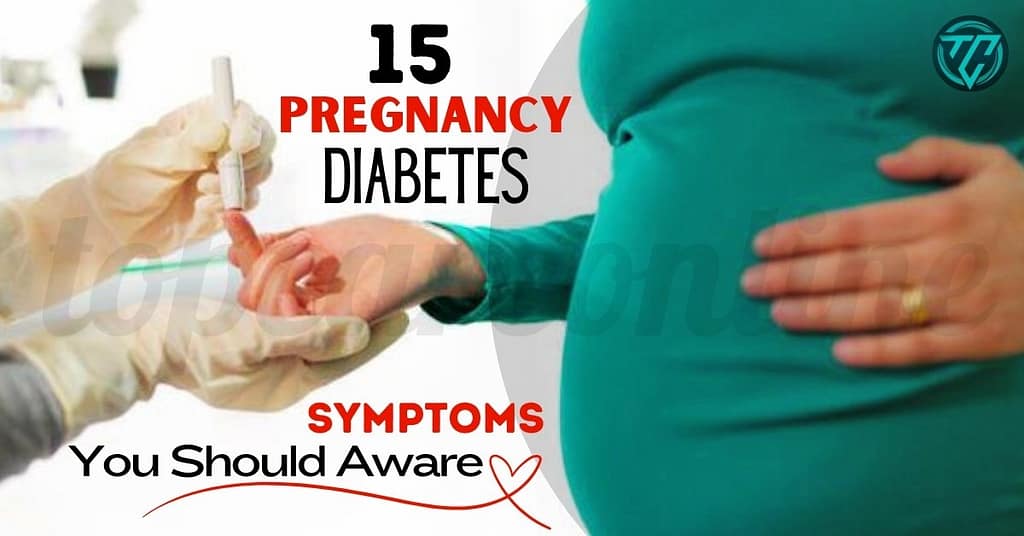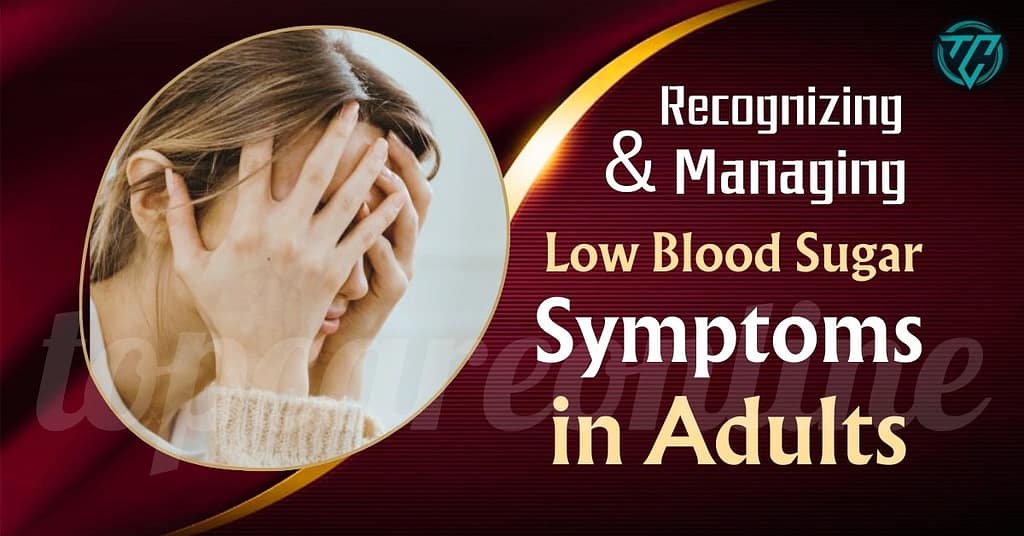How to Identify | Symptoms | Complications | in Women | Non-Diabetics | Causes
Living with diabetes often means navigating the ups and downs of blood sugar levels, but what happens when those levels soar too high?
Hyperglycaemia, or high blood sugar, can be a daunting experience for many, leading to uncomfortable symptoms and potential complications. But fear not! Understanding the causes and effects of hyperglycaemia is the first step toward effective management and a healthier lifestyle.
What is Hyperglycaemia?
Hyperglycaemia, or high blood sugar, occurs when glucose builds up in the bloodstream. This condition is particularly relevant for individuals with diabetes, whether they have type 1, type 2, or gestational diabetes. However, it can also occur in non-diabetics under certain circumstances.
How to Identify Diabetes High Blood Sugar(Hyperglycaemia)
Identifying high blood sugar levels, or hyperglycemia, can involve testing. Here are some common signs and methods:
- Blood Glucose Meter: Use a glucose meter to check your blood sugar levels. A reading of 200 mg/dL (11.1 mmol/L) or higher two hours after eating indicates high blood sugar.
- A1C Test: This blood test measures average blood sugar levels over the past 2 to 3 months. An A1C of 6.5% or higher indicates diabetes.
- Random Blood Sugar Test: A blood sample taken at any time can also indicate high blood sugar, especially if the level is 200 mg/dL (11.1 mmol/L) or higher.
Symptoms of High Blood Sugar
Recognizing the symptoms of high blood sugar is crucial for timely management. Common symptoms include:
- Increased thirst: You may feel very thirsty and drink more fluids than usual.
- Frequent urination: You may find yourself needing to urinate more often.
- Fatigue: A feeling of tiredness or lack of energy is common.
- Blurred vision: High sugar levels can affect your eyesight temporarily.
- Headaches: You might experience frequent headaches.
- Hunger: You may feel hungrier than normal, even after eating.
- Dry mouth: A persistent dry mouth can occur.
- Slow healing: Cuts and wounds may take longer to heal.
- Unexplained weight loss: This can happen, especially if you have undiagnosed diabetes.
If you experience these symptoms consistently, it’s important to consult a healthcare professional for evaluation and management.
Symptoms in Specific Populations
Symptoms of High Blood Sugar in Women:
While the symptoms of high blood sugar are generally similar for both men and women, some may manifest differently or have unique implications for women. Here are some symptoms particularly relevant to women:
- Menstrual Changes: Irregular periods or changes in menstrual cycle can occur.
- Increased Urinary Tract Infections (UTIs): Women may experience more frequent UTIs due to elevated blood sugar.
- Vaginal Infections: Higher blood sugar levels can lead to yeast infections, which are more common in women.
- Fatigue: Women might experience pronounced fatigue or a feeling of being run-down.
- Mood Changes: Hormonal fluctuations coupled with blood sugar changes can lead to mood swings or irritability.
- Skin Changes: Women might notice skin issues, including dryness or itchiness, especially in areas prone to infections.
If any of these symptoms arise, it’s important to consult a healthcare provider for proper assessment and management.
Symptoms of high blood sugar in non diabetics:
In non-diabetics, symptoms of high blood sugar that are less commonly associated with diabetes may include:
- Sudden weight loss: Unexplained weight loss can occur due to the body burning muscle and fat for energy.
- Skin infections or slow healing: More frequent skin infections or slower healing of cuts and sores.
- Frequent headaches: Unexplained or recurrent headaches not typically linked to diabetes.
- Mood changes: Increased irritability or mood swings that aren’t tied to typical blood sugar fluctuations in diabetics.
These symptoms might indicate an underlying issue and should prompt a discussion with a healthcare professional.
High Blood Sugar Complications
Uncontrolled high blood sugar can have long-term consequences if not managed properly. Some of the complications include:
- Heart disease: High blood sugar can damage your blood vessels, increasing the risk of heart attacks and strokes.
- Kidney disease: Over time, high blood sugar can damage the kidneys, leading to kidney failure.
- Nerve damage (Neuropathy): Nerve damage is a common complication of high blood sugar, causing pain, numbness, and tingling in the extremities.
- Eye damage (Retinopathy): High blood sugar can lead to diabetic retinopathy, a condition that damages the blood vessels in your eyes, potentially leading to blindness.
It’s essential to address diabetes high blood sugar symptoms early to avoid these severe complications.
Types of Diabetes Causes and Hyperglycaemia
Type 1 Diabetes High Blood Sugar
Type 1 diabetes causes hyperglycemia primarily due to the lack of insulin production. Here’s a breakdown of the process of type 1 diabetes high blood sugar:
- Autoimmune Attack: In Type 1 diabetes, the immune system mistakenly attacks and destroys the insulin-producing beta cells in the pancreas.
- Insulin Deficiency: As these cells are destroyed, the body produces little to no insulin. Insulin is necessary for helping glucose from the bloodstream enter the body’s cells for energy.
- Glucose Accumulation: Without enough insulin, glucose remains in the bloodstream instead of being utilized by the cells. This leads to elevated blood sugar levels, or hyperglycemia.
- Counter-Regulatory Hormones: The body may respond to low insulin levels by releasing other hormones (like glucagon and adrenaline) that increase blood sugar levels further.
- Diet and Activity: Consuming carbohydrates without sufficient insulin coverage or not engaging in enough physical activity can exacerbate hyperglycemia.
Overall, the combination of insulin deficiency and the body’s inability to properly utilize glucose results in the hyperglycemia characteristic of Type 1 diabetes.
Type 2 Diabetes High Blood Sugar
Type 2 diabetes causes hyperglycemia primarily due to insulin resistance and, eventually, insulin deficiency. Here’s how type 2 diabetes high blood sugar works:
- Insulin Resistance: In Type 2 diabetes, the body’s cells become less responsive to insulin, meaning that even though insulin is produced, it doesn’t effectively help glucose enter the cells. This resistance often develops due to factors like obesity, physical inactivity, and genetics.
- Inadequate Insulin Production: Initially, the pancreas compensates for insulin resistance by producing more insulin. Over time, however, it can become overwhelmed and fail to produce enough insulin to meet the body’s needs.
- Glucose Production by the Liver: In a state of insulin resistance, the liver may continue to produce glucose even when it’s not needed, contributing to elevated blood sugar levels.
- Dietary Factors: Consuming high amounts of carbohydrates or sugary foods can further increase blood glucose levels, especially if the body is unable to produce enough insulin to manage the intake.
- Hormonal Imbalances: Other hormones (like glucagon) can be dysregulated in Type 2 diabetes, leading to increased glucose production and further elevating blood sugar levels.
Type 2 Diabetes High Blood Sugar in the Morning
High blood sugar in the morning, often referred to as “dawn phenomenon,” is common for people with type 2 diabetes. This occurs due to hormonal changes that increase insulin resistance and stimulate glucose production in the liver during the early morning hours. Here are some strategies to help manage this:
- Monitor Carbohydrate Intake: Pay attention to your evening meals and snacks. Eating a balanced meal with protein, healthy fats, and fiber can help.
- Medication Timing: If you’re on medication, discuss with your healthcare provider whether adjusting the timing or dosage could help manage morning levels.
- Evening Snacks: A small snack before bed that includes protein and healthy fats (like nuts or Greek yogurt) may help stabilize blood sugar overnight.
- Consistent Sleep Schedule: Aim for regular sleep patterns, as lack of sleep can affect blood sugar control.
- Stay Hydrated: Drinking enough water can help your body manage blood sugar levels.
- Stress Management: Techniques like meditation or yoga can help reduce stress, which may positively affect blood sugar levels.
If morning highs persist, it’s important to consult your healthcare provider for tailored strategies.
Gestational Diabetes High Blood Sugar
Gestational diabetes causes hyperglycemia primarily due to the following factors:
1. Hormonal Changes
During pregnancy, the body produces increased levels of hormones such as cortisol, estrogen, and human placental lactogen. These hormones can interfere with insulin’s ability to regulate blood sugar, leading to insulin resistance.
2. Insulin Resistance
Pregnancy naturally increases insulin resistance to ensure that glucose is available for the growing fetus. However, in some women, this resistance is more pronounced and leads to higher blood sugar levels if the body can’t produce enough insulin to compensate.
3. Inadequate Insulin Production
Some women may have a pre-existing tendency toward insulin deficiency. If the pancreas can’t produce enough insulin to overcome the increased resistance during pregnancy, hyperglycemia will occur.
4. Increased Nutritional Demands
As the pregnancy progresses, the body requires more glucose to support fetal growth. If insulin action is impaired, it can lead to elevated blood sugar levels.
5. Lifestyle Factors
Diet and physical activity also play a role. High-calorie diets and sedentary behavior can exacerbate insulin resistance and contribute to elevated blood sugar.
These combined factors lead to the characteristic hyperglycemia seen in gestational diabetes.
If You Want to Kmow:
How to Reduce Blood Sugar Levels Immediately
Many people don’t know what to do in case of Hyperglycaemia. To quickly reduce blood sugar levels in a few minutes, you can try the following:
- Hydrate: Drink a glass of water to help flush out sugar through your kidneys.
- Engage in Light Exercise: A short walk or some quick physical activity can increase insulin sensitivity and help lower blood sugar.
- Deep Breathing: Practice deep breathing or relaxation techniques to reduce stress, which can spike blood sugar levels.
- Eat a Small Snack: If appropriate, consuming a small amount of protein or fiber can help stabilize blood sugar.
- Stay Calm: If you’re feeling stressed or anxious, try to relax, as stress hormones can raise blood sugar levels.
These methods can help in the short term, but for long-term management, it’s important to consult with a healthcare professional.
Foods That Lower Blood Sugar Quickly
Nutrition plays a vital role in managing high blood sugar levels. Here are some foods known to help reduce blood sugar:
- Leafy Greens: Spinach, kale, and other greens are low in carbs and high in fiber, which can help stabilize blood sugar levels.
- Cinnamon: This spice may improve insulin sensitivity and lower blood sugar levels.
- Apple Cider Vinegar: Taking a small amount can help improve insulin sensitivity and reduce blood sugar spikes.
- Berries: Blueberries, strawberries, and raspberries have a low glycemic index and are packed with antioxidants.
- Nuts and Seeds: Almonds, walnuts, and chia seeds can help regulate blood sugar levels due to their healthy fats and fiber.
- Legumes: Beans and lentils are high in protein and fiber, making them good options for blood sugar control.
- Fish: Fatty fish like salmon can help lower inflammation and improve insulin sensitivity.
- Whole Grains: Foods like quinoa and barley have a lower glycemic index compared to refined grains.
- Greek Yogurt: This can provide protein and probiotics, which may help manage blood sugar levels.
- Sweet Potatoes: They have a lower glycemic index compared to regular potatoes and are rich in fiber
Can Diabetics Eat Eggs
Yes, diabetics can eat eggs! Eggs are a great source of protein and contain essential nutrients without causing significant spikes in blood sugar levels. In fact, they can help with satiety and maintaining healthy weight.
Just be mindful of how they’re prepared and consider any accompanying ingredients, like butter or cheese. As always, it’s best to consult with a healthcare provider or dietitian for personalized advice.
Diabetic Drinks to Lower Blood Sugar
Certain beverages can aid in blood sugar management. Here are some drinks that may help lower blood sugar or manage levels effectively:
- Water: Staying hydrated helps the kidneys flush out excess sugar through urine.
- Green Tea: Rich in antioxidants, green tea may improve insulin sensitivity and reduce blood sugar levels.
- Herbal Tea: Teas like chamomile or peppermint can be calming and may help with overall wellness.
- Apple Cider Vinegar Drink: Mixing 1-2 tablespoons of apple cider vinegar in a glass of water may help improve insulin sensitivity.
- Cinnamon Tea: Infusing tea with cinnamon can help lower blood sugar and improve insulin sensitivity.
- Vegetable Juice: Juices made from low-sugar vegetables like spinach, kale, and cucumber can be nutritious without spiking blood sugar.
- Kefir: This fermented drink is rich in probiotics and may help improve gut health and blood sugar levels.
- Almond Milk: Unsweetened almond milk is low in carbs and can be a good milk substitute.
- Bone Broth: Nutrient-dense and low in carbohydrates, it can be soothing and filling without affecting blood sugar.
- Coconut Water: In moderation, it provides electrolytes and has a lower glycemic index compared to sugary drinks.
Always consult with a healthcare professional before making significant changes to your diet or beverage choices, especially if you have diabetes.
You can significantly improve your quality of life by recognizing the symptoms and employing strategies to control high blood sugar levels. Whether you’re living with type 1 or type 2 diabetes, or dealing with gestational diabetes, proactive management is key.

